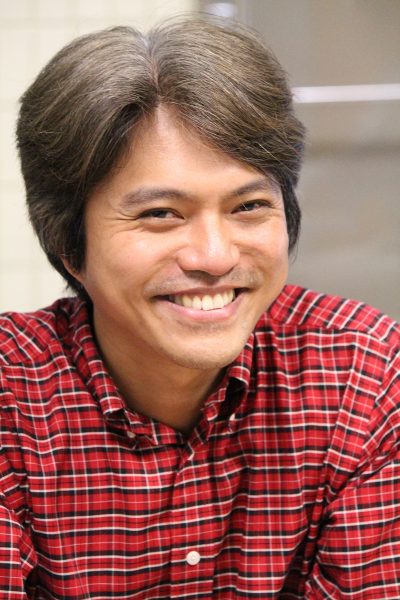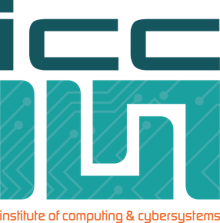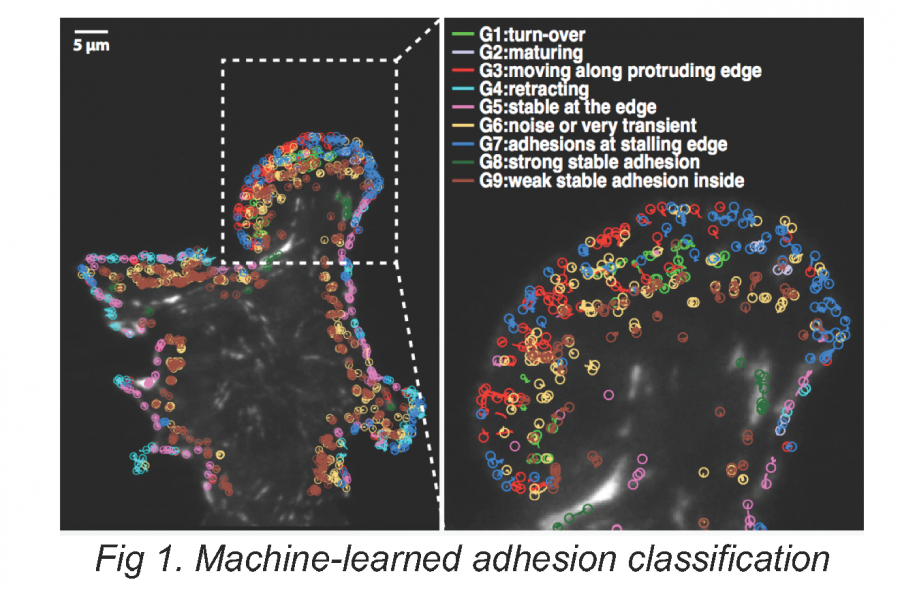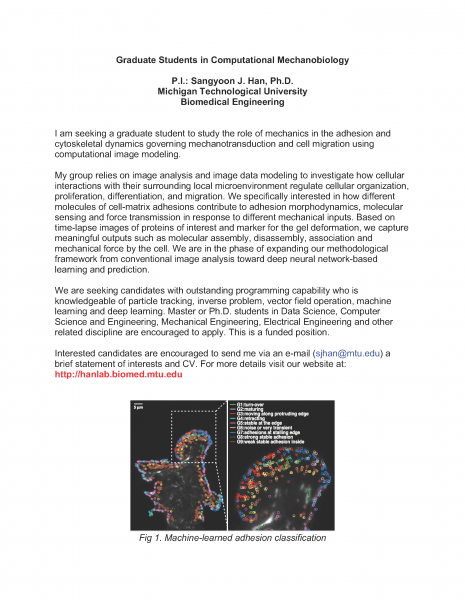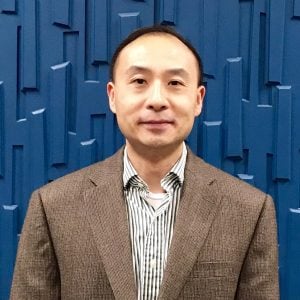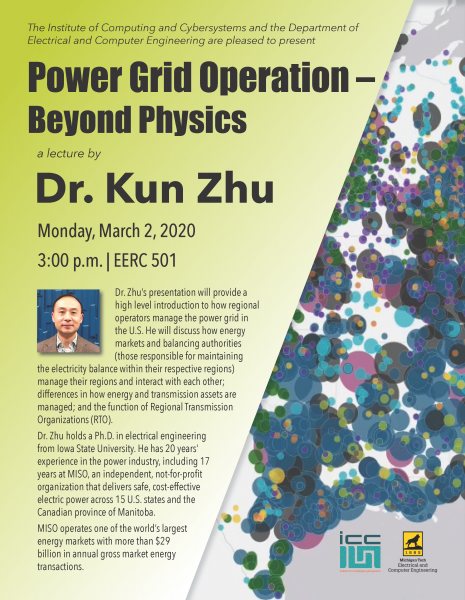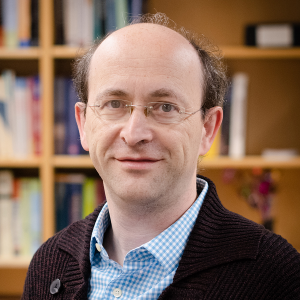
An article co-authored by Tim Havens, associate dean for research, College off Computing, “Soft Overlapping Community Detection in Large-Scale Networks via Fast Fuzzy Modularity Maximization,” was published in the March 2020 issue of IEEE Transactions on Fuzzy Systems.
Havens’s co-authors are Audrey Yazdanparast (ECE) and Mohsen Jamalabdollahi of Cisco Systems.
Article Abstract: Soft overlapping clustering is one of the notable problems of community detection. Extensive research has been conducted to develop efficient methods for non-overlapping and crisp-overlapping community detection in large-scale networks. In this paper, Fast Fuzzy Modularity Maximization (FFMM) for soft overlapping community detection is proposed.
FFMM exploits novel iterative equations to calculate the modularity gain associated with changing the fuzzy membership values of network vertices. The simplicity of the proposed scheme enables efficient modifications, reducing computational complexity to a linear function of the network size and the number of communities. Moreover, to further reduce the complexity of FFMM for very large networks, Multi-cycle FFMM (McFFMM) is proposed.
The proposed McFFMM reduces complexity by breaking networks into multiple sub-networks and applying FFMM to detect their communities. Performance of the proposed techniques are demonstrated with real-world data and the Lancichinetti-Fortunato-Radicchi (LFR) benchmark networks. Moreover, the performance of the proposed techniques is eval- uated versus some state-of-the-art soft overlapping community detection approaches. Results show that the McFFMM produces a remarkable performance in terms of overlapping modularity with fuzzy memberships, computational time, number of detected overlapping nodes, and Overlapping Normalized Mutual Informa- tion (ONMI).

